Long article, good history, and a warning.
Biotech startups are trying to hack the process of aging and, in the process, stave off the most devastating diseases.


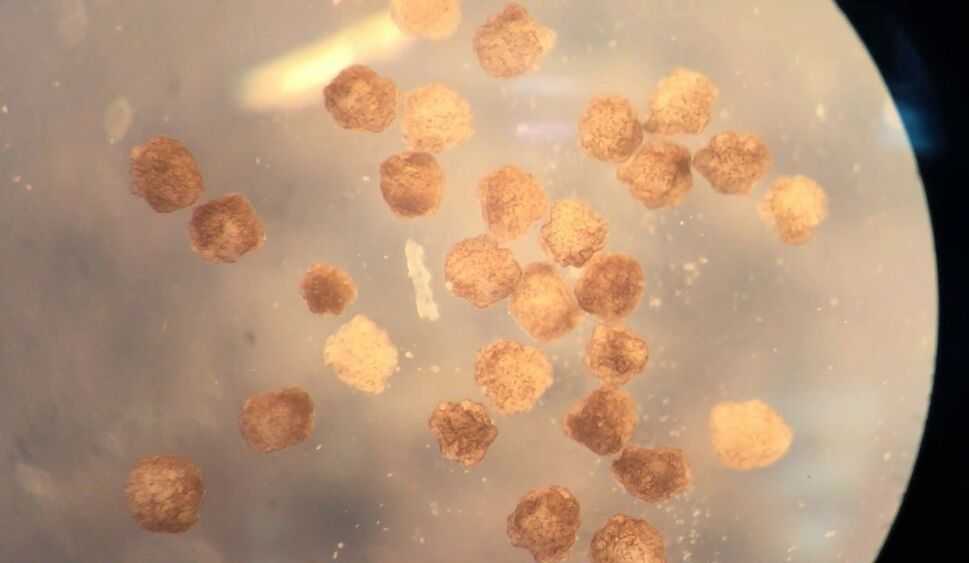
Like something straight out of a pulpy sci-fi horror flick, researchers at Tufts University and the University of Vermont (UVM) have engineered a new generation of living robots they call Xenobots, which demonstrate cooperative swarm activity while collecting piles of micro particles.
Last year, this same team of scientists and biologists created tiny self-healing bio-machines that exhibited movement, payload pushing abilities, and a sort of hive mentality. The blueprints for creating these biological bots, which technically aren’t a typical robot or a catalogued animal species, but instead are more akin to a distinct class of unique artifact that acts as a living, programmable organism.
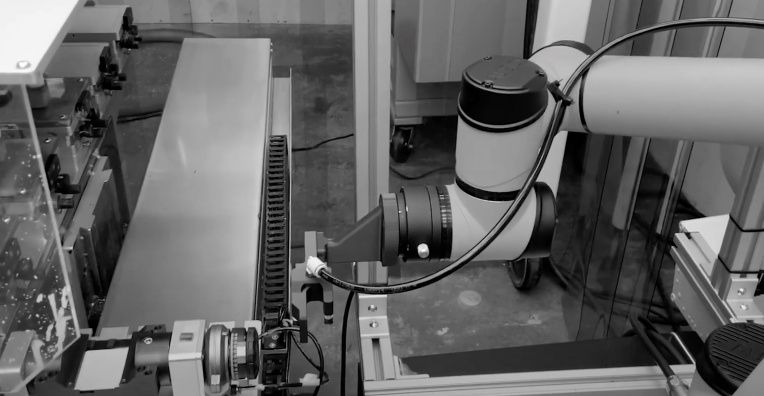
Bay Area-based Rapid Robotics today announced a $12 million Series A. The new round, led by NEA, brings the company’s total funding up to $17.5 million. It joins a recently closed seed round, announced way back in November of last year. Existing investors Greycroft, Bee Partners and 468 Capital also took part in the round.
We noted at that stage that COVID-19 had a sizable impact on robotics investment. At the very least, the pandemic has served to accelerate interest in automation, as many “non-essential” workers have been unable to travel to their jobs. At present, manufacturing jobs often lack the ability to perform remotely.
Rapid notes that the company’s tech has been involved with the production of some 50 million parts over the past year, over a wide variety of different manufacturing verticals. And, like his predecessor, President Biden has already begun talking up strategies to return manufacturing jobs to the U.S. Of course, ambitious as it might be, any plan is going to have to be a balancing act between human jobs and automation.
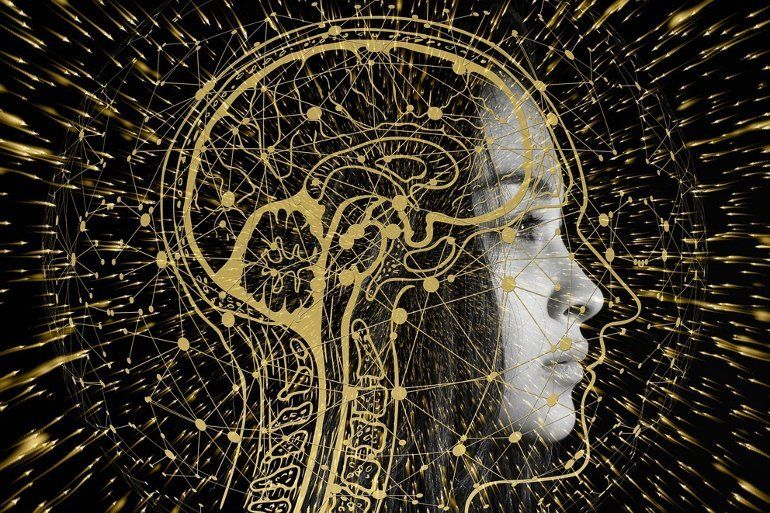
Summary: Combining artificial intelligence technology with brain scan data, researchers have identified three novel subtypes of multiple sclerosis.
Source: UCL
Scientists at UCL have used artificial intelligence (AI) to identify three new multiple sclerosis (MS) subtypes. Researchers say the groundbreaking findings will help identify those people more likely to have disease progression and help target treatments more effectively.
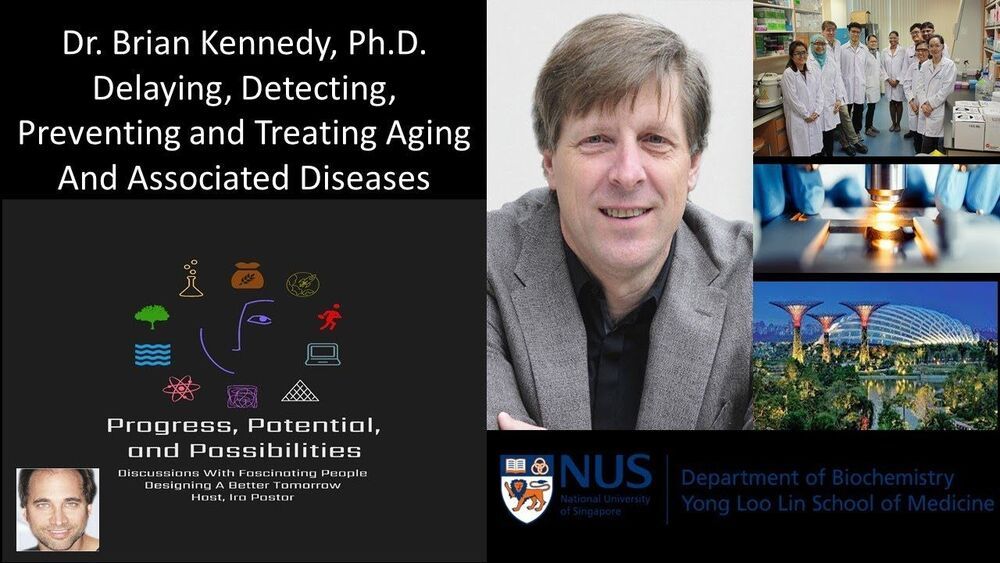
Delaying, Detecting, Preventing and Treating Aging And Associated Diseases — Dr. Brian Kennedy, Ph.D., National University of Singapore.
Dr. Brian Kennedy is Distinguished Professor, Department of Biochemistry and Physiology, Yong Loo Lin School of Medicine, National University of Singapore (NUS), Director of National University Health System (NUHS) Centre for Healthy Ageing, Singapore, Professor, Buck Institute for Research on Ageing, Adjunct Professor, Leonard Davis School of Gerontology, USC, and Affiliate Faculty, Department of Biochemistry, University of Washington.
With a Ph.D. in Biology from Massachusetts Institute of Technology (MIT), research in the Kennedy lab is directed at understanding the biology of ageing and translating research discoveries into new ways of delaying, detecting, preventing and treating human ageing and associated diseases.
Current research projects in Dr. Kennedy’s lab include systems biology strategies to understand ageing and murine longevity studies and disease models.
Dr. Kennedy has published over 80 manuscripts in prestigious journals including Cell, Nature, Science, Genes & Development, and PNAS and serves as a Co-Editor-In-Chief at Aging Cell.
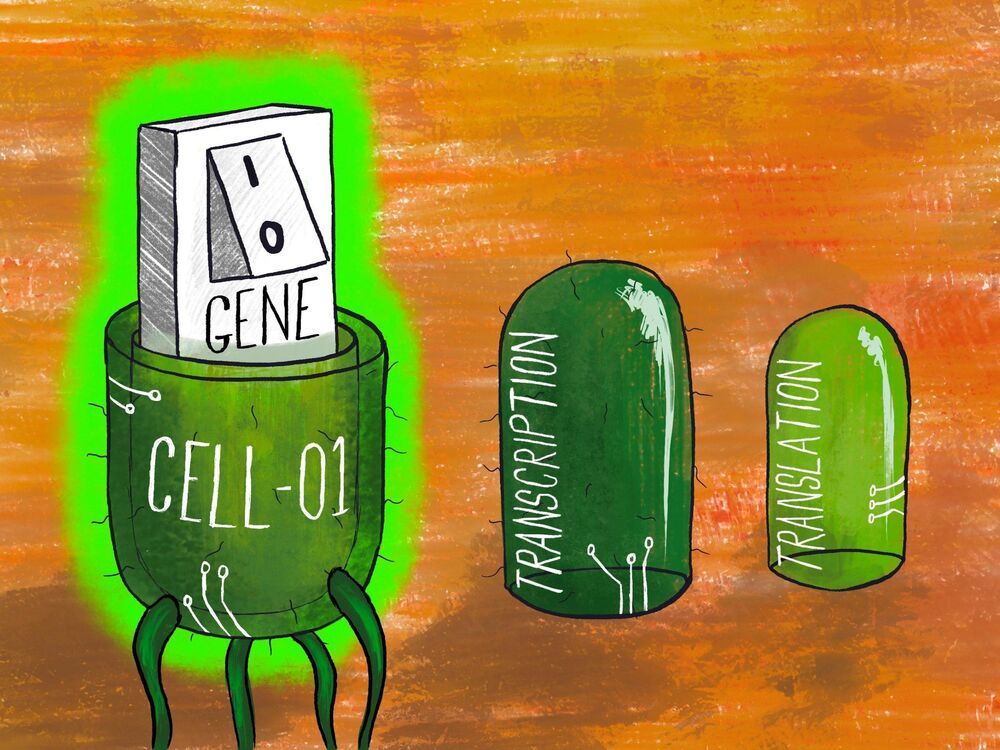
In a recent study led by the University of Bristol, scientists have shown how to simultaneously harness multiple forms of regulation in living cells to strictly control gene expression and open new avenues for improved biotechnologies.
Engineered microbes are increasingly being used to enable the sustainable and clean production of chemicals, medicines and much more. To make this possible, bioengineers must control when specific sets of genes are turned on and off to allow for careful regulation of the biochemical processes involved.
Their findings are reported in the journal Nature Communications.
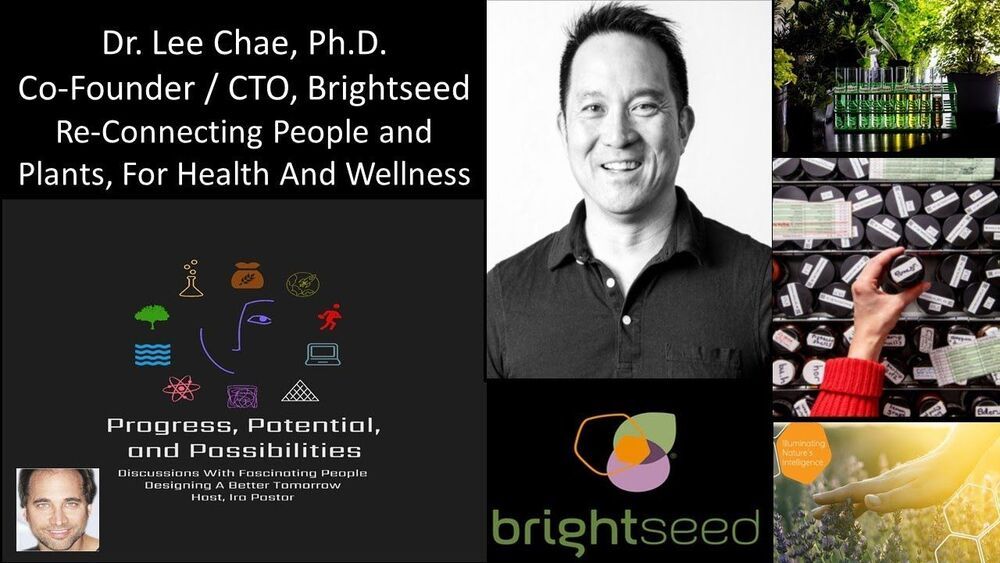
Using Artificial Intelligence And Plant Biology, To Re-Connect People and Plants, For Health & Wellness — Dr. Lee Chae, Ph.D., Co-Founder & CTO, Brightseed.
Dr. Lee Chae, Ph.D., is a Co-Founder and Chief Technology Officer at Brightseed, a novel life sciences company, merging the tools of plant biology and artificial intelligence, with a goal of enabling a healthier future by re-illuminating and re-activating the connections between people and plants.
Dr. Chae is a seasoned R&D technology developer and has designed advanced discovery methodologies for food technology, agricultural biotech, bio-medicine, and synthetic biology. He has been a principal scientist of multiple discoveries, including machine-learning driven discovery of novel nutritional bio-actives in plants and computationally guided identification of plant-based proteins for food.
With as Ph.D in Plant Biology, Computational and Genomic Biology, from University of California, Berkeley, Dr. Chae was also a founding member of the Quantitative Biosciences Institute, and did Post-Doctoral Research at the Carnegie Institution at Stanford.
Prior to Brightseed, Dr. Chae served as the VP of R&D at Hampton Creek, a company developing and marketing plant-based alternatives to conventionally-produced food products.
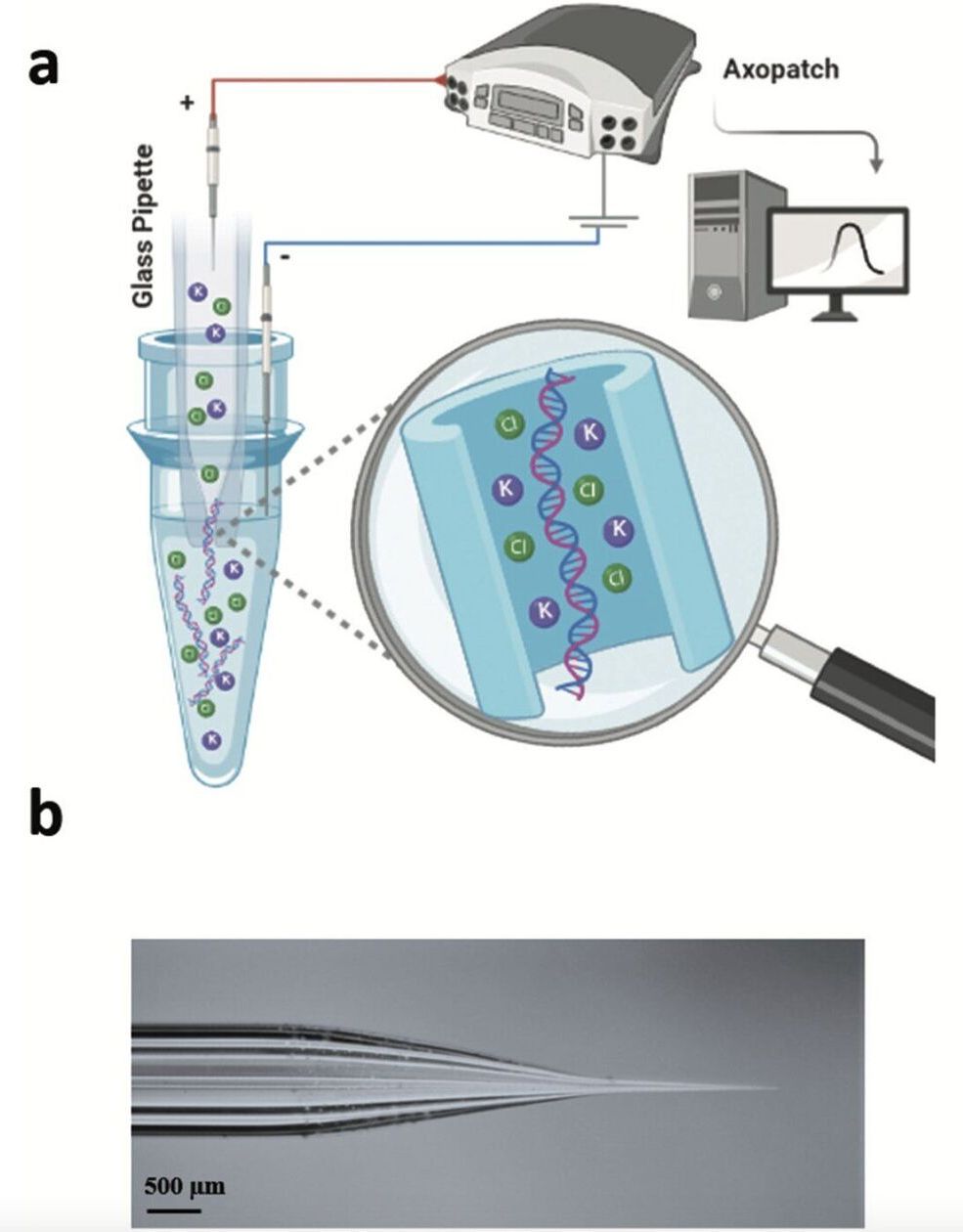
Research led by UC Riverside is making it easier to detect and capture DNA from fluid samples such as blood using a tiny glass tube and electric current. The technique, described in the journal Nanoscale, can also improve cancer diagnosis in the future.
DNA, a double-stranded, electrically charged molecule that contains all the information an organism needs to create and organize the building blocks of life, is tightly folded within the cell nucleus. Extracting the DNA from a single cell is time consuming and impractical for many medical and scientific purposes. Fortunately, as cells die naturally, their membranes burst, releasing the contents, including DNA. This means that a blood sample, for example, contains many strands of free-floating DNA that should, in theory, be easier to identify and extract in quantity.
